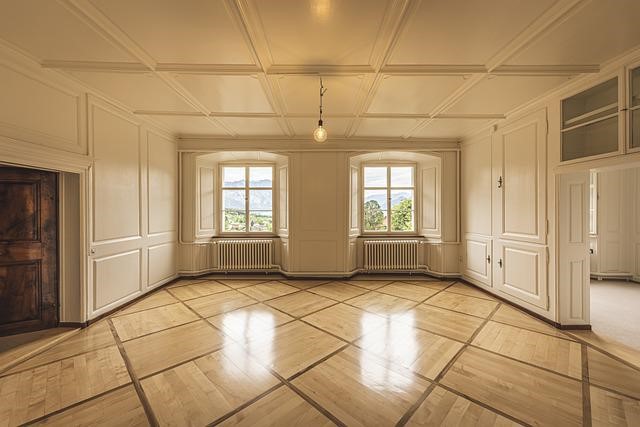Building a home is a significant investment, and the costs depend on the site’s condition, raw materials, architect choice, labor costs, insurance, and regulatory requirements, project size, and project schedule. Unforeseen circumstances can cause construction delays, significantly affecting the stipulated budget.
These delays may be due to an increase in equipment rental, construction securities, bonds, insurance extension, increased contractors and labor costs, high overhead costs resulting from inefficient equipment use, rise in material prices, labor shortages, extreme weather conditions, design issues, and high material storage costs. Outlined below are five tips for saving money when building a home.
1. Hire an experienced custom builder
Experienced custom builders such as Excel Builders have a higher buying power, helping you find affordable building materials without compromising your construction’s safety and quality. They have a vast local supplier network offering competitive prices and discounts. A custom builder manages your resources better, saving you money.
While initial custom builder costs may seem high, they’ll give you value for money as time progresses. They have extensive experience and access to the latest home building strategies, techniques, and technologies to execute complex designs in no time, completing your project on schedule, eliminating delay-related costs, and delivering a custom home. When hiring a custom builder, ask for a quote and ensure there aren’t hidden charges.
2. Set a budget
Without a clear budget, it’s challenging to plan for the expected and unexpected costs of construction projects. Inaccurate project estimates, poor project management, unclear communication, and design errors may cause your project budget to exceed. When creating a construction budget, consider hard expenses like physical construction costs, including equipment rental, materials, and labor expenses.
Soft expenses are hard to account for, as they’re less tangible. They may include loan interest, taxes, and insurance relevant to the project. Planning adequately for the building project helps ensure that you’re within budget. Measuring efficiency might be impossible if you can’t compare your actual costs with projected costs. Setting a budget can help you with this issue.
3. Gather several bids
Regardless of your home building project’s size, it’s vital to ensure you’re getting the best value and quality from your contractor. Gathering several bids from different contractors offers you more options, allowing you to compare prices and years of experience. Getting at least three bids from experienced, qualified contractors before hiring can save you a lot of money, helping you save with the best price. However, the lowest price isn’t always the best option, so consider years of experience, read reviews, and look at before and after images of previous projects to ensure quality work despite the quoted price.
4. Invest in quality
When it comes to home features that can’t be changed, choose quality over price because skimping on them can be costly in the long run. Invest in building materials that can withstand time, eliminating frequent repair and replacement costs and saving you money. Don’t be carried away by sales hypes, as quality is not always guaranteed in these situations.
5. Build a contingency fund
Creating a construction contingency fund within your initial budget safeguards you from unexpected costs arising from sudden building issues, contractor problems, building consent concerns, and more. If the construction process runs smoothly, you’ll save some extra money.
Endnote
Constructing your dream home can be costly. However, these tips can help save money when building your home.


Great Article. Thanks for sharing.
One of the most common errors in home renovation is choosing the wrong paint materials. For example, you may have chosen a high quality paint but it has not been designed for your type of project.
Before choosing the paint material for your home renovation, you need to consider what type of paint will be the best and most suitable for your renovation. There are three types of paints available:
Oil-based: This type is considered as the best and lasts longer than other types. But it needs to be applied in a well ventilated area, which can lead to some health hazards.
Water-based: The water-based paint is easy to clean but it doesn’t last long as oil-based paints and risks fading with time.
Latex: It is long lasting, easy to clean and doesn’t fade with time but it takes a lot of time in drying.